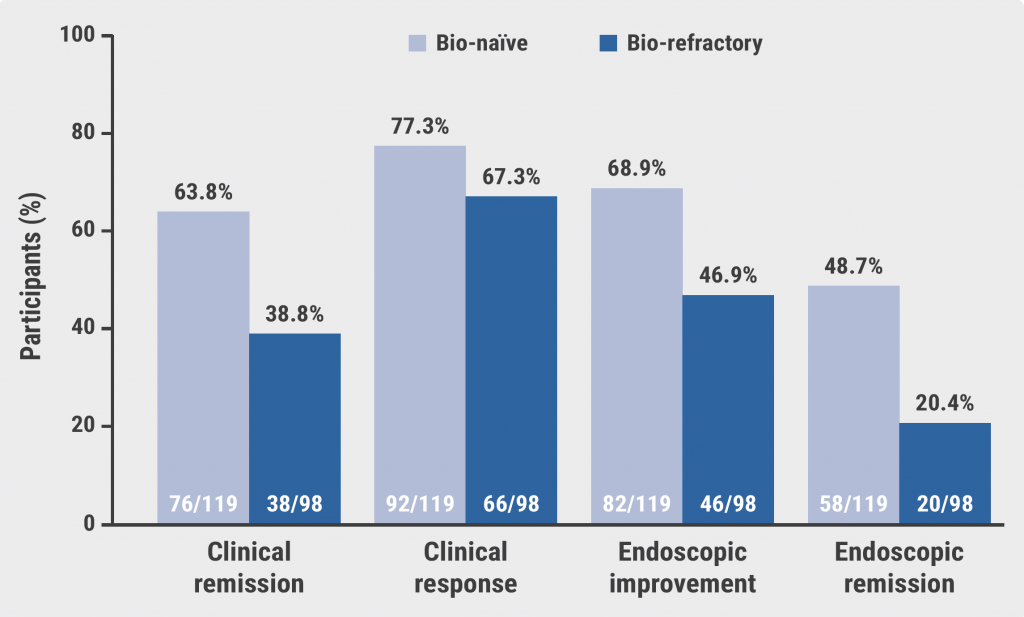https://doi.org/10.55788/25a99f0b
Dr Sangdao Boonkaya (King Chulalongkorn Memorial Hospital, Thailand) presented retrospectively collected data from 130 patients with unresectable HCC who received lenvatinib (n=52) or atezolizumab/bevacizumab (n=78) as first-line therapies between 2020 and 2023 [1]. Atezolizumab and bevacizumab are monoclonal antibodies that target the protein programmed cell death-ligand 1 and the vascular endothelial growth factor, respectively. The primary endpoints were median progression-free survival (PFS) and OS.
Treatment with atezolizumab/bevacizumab significantly improved OS (10.6 vs 7.0 months; HR 2.02; 95% CI 1.07–3.84; P=0.03), with no significant difference in median PFS compared with lenvatinib (7.1 vs 5.4 months; HR 1.38; 95% CI 0.62–3.05; P=0.43). The objective response rate was also similar between the 2 groups (23.1% vs 19.2%, P=0.60).
Multivariate analyses revealed that serum total bilirubin (P=0.01), sodium (P=0.01), and alpha-fetoprotein (P=0.03) levels were associated with OS. Adverse events, particularly diarrhoea and fatigue, were significantly more common in the lenvatinib group, whereas the atezolizumab/bevacizumab group exhibited higher rates of infection, gastrointestinal bleeding, and fatigue. Liver decompensation was found in 14.1% of patients treated with atezolizumab/bevacizumab and in 15.4% in the lenvatinib group.
“In our study, first-line treatment with atezolizumab/bevacizumab showed superior OS outcomes compared with lenvatinib in patients with unresectable HCC. However, objective response rates and PFS did not significantly differ between both therapies. Atezolizumab/bevacizumab had higher rates of gastrointestinal bleeding, while lenvatinib showed higher rates of diarrhoea and fatigue,” summarised Dr Boonkaya.
- Boonkaya S, et al. Comparison efficacy and safety between atezolizumab plus bevacizumab and lenvatinib as first-line systemic therapy for hepatocellular carcinoma: a real-world study. 325, DDW 2024, 18–21 May, Washington, DC, USA.
Copyright ©2024 Medicom Medical Publishers
Posted on
Previous Article
« Nutritional consultation boosts nutritional status in patients with alcohol-associated hepatitis Next Article
New cable-transmission capsule endoscopy shows high accuracy in detecting upper GI lesions »
« Nutritional consultation boosts nutritional status in patients with alcohol-associated hepatitis Next Article
New cable-transmission capsule endoscopy shows high accuracy in detecting upper GI lesions »
Table of Contents: DDW 2024
Featured articles
PREEMPT CRC: Blood-based screening test for colorectal cancer shows promise
Eosinophilic Oesophagitis Treatments and Outcomes
Mepolizumab improves the histologic severity of eosinophilic oesophagitis
Budesonide demonstrates efficacy in eosinophilic oesophagitis
Dupilumab shows promising results in treating paediatric eosinophilic oesophagitis
Quality-of-life assessment in children with eosinophilic oesophagitis
Gut-Brain Axis and Neurological Disorders
Gut permeability and neuroinflammation linked in Parkinson’s disease
Cardiovascular and Metabolic Health Innovations
Promising data for cardiovascular outcomes of bariatric surgery in patients with obesity
Inflammatory Bowel Disease Therapies
GALAXI 2 & 3: Guselkumab proves efficacy in Crohn’s disease
QUASAR maintenance study: Guselkumab effective and safe for UC
VEDOKIDS: Vedolizumab maintains remission in patients with paediatric IBD
ADMIRE-CD II: Darvadstrocel does not meet primary endpoint in complex Crohn’s perianal fistulas
Advances in Endoscopy and Screening Techniques
PREEMPT CRC: Blood-based screening test for colorectal cancer shows promise
New cable-transmission capsule endoscopy shows high accuracy in detecting upper GI lesions
Liver and Biliary Tract Diseases Updates
Superior OS with atezolizumab plus bevacizumab versus lenvatinib in unresectable HCC
Nutritional consultation boosts nutritional status in patients with alcohol-associated hepatitis
REGENERATE study: Obeticholic acid shows antifibrotic benefit in NASH
Acalculous cholecystitis as a risk factor for gallbladder perforation: insights from a 10-year retrospective study
Other Gastrointestinal Diseases
STARS: Apraglutide shows efficacy in short bowel syndrome with intestinal failure
COX-2 inhibitors show promise in reducing severity of acute pancreatitis
Hormone-containing therapies may increase the risk of IBS and functional dyspepsia
Related Articles

December 7, 2023
Obefazimod takes the spotlight as promising UC treatment
October 23, 2019
Human milk oligosaccharides improve IBS symptoms
December 7, 2023
INSPIRE: Risankizumab meets all efficacy endpoints in UC
© 2024 Medicom Medical Publishers. All rights reserved. Terms and Conditions | Privacy Policy
HEAD OFFICE
Laarderhoogtweg 25
1101 EB Amsterdam
The Netherlands
T: +31 85 4012 560
E: publishers@medicom-publishers.com

